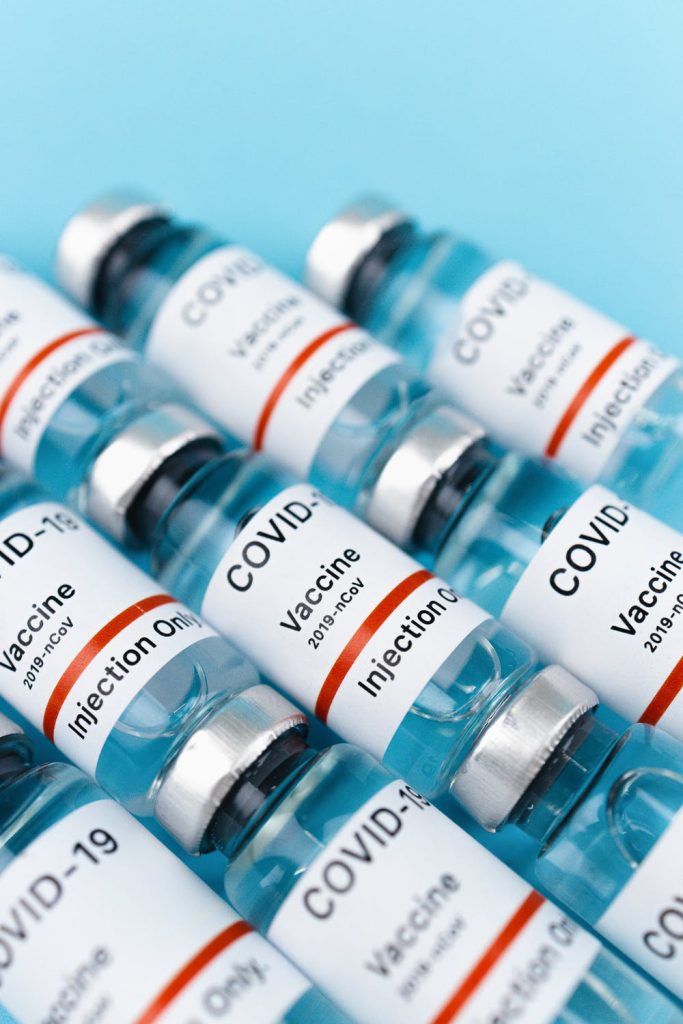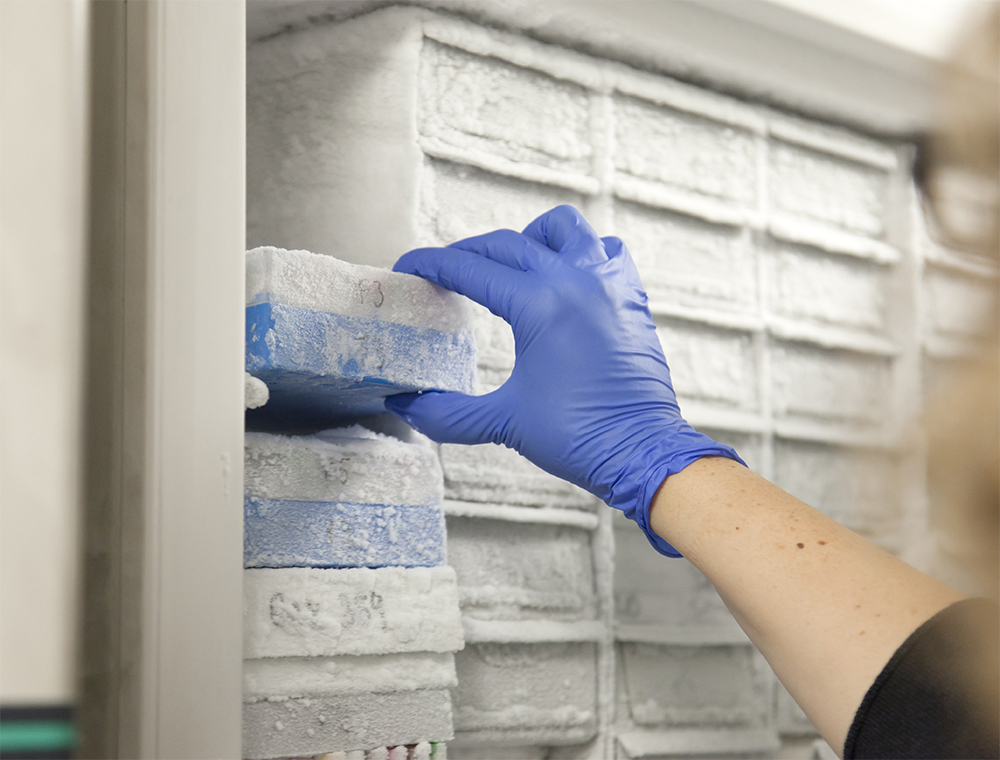So, using £325,000 Barts Charity funding, a multidisciplinary research team led by Dr Dominik Zenner, a Senior Clinical Lecturer of Infectious Disease Epidemiology at Queen Mary, will investigate what local communities with lower vaccine uptake rates. The research will look to understand what they think about Covid-19, the vaccination, and what solutions they suggest to overcome hesitancy.
Knowing more about what local people think, including their fears and doubts, can help researchers to find more effective ways to encourage people to get vaccinated. This may result in different approaches for informational materials, appointment types and places, use of technology or other suggestions which researchers have not considered yet.
The team will work directly with people in the local community and the project will include; examining social and cultural attitudes about Covid-19 and vaccines through interviews and focus groups, a series of participatory workshops to examine a variety of culturally-adapted educational support, and developing a pilot study to test the learnings.






